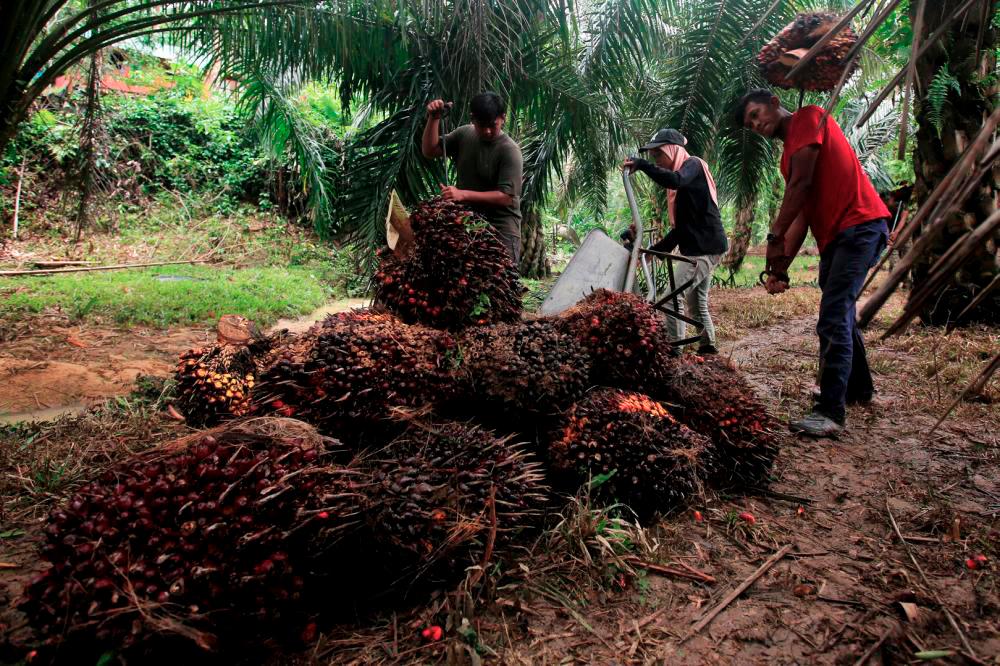KUALA LUMPUR: US customs authorities have lifted a two-year import ban on palm oil products made by Sime Darby Plantation, after determining the goods were no longer produced with forced labour.
Goods made by Sime Darby Plantation, the world’s largest palm oil company by land size, have been blocked by US Customs and Border Protection (CBP) since December 2020 from entering the United States over suspected abusive labour practices.
In response, Sime Darby Plantation appointed an ethical trade consultancy to audit its facilities, and last year set aside about US$20 million to compensate current and former migrant workers who paid recruitment fees to secure jobs at the firm.
In a notice published on the US Federal Register website on Friday, CBP said it had now “determined that the products were no longer being mined, produced, or manufactured wholly or in part with the use of convict, forced, or indentured labour by Sime Darby Plantation”, citing additional information it had received.
The finding applied to any products from the firm imported into the United States on or after Friday, the notice said.
The CBP did not specify what evidence it had received. The agency did not immediately respond to a request for comment.
Sime Darby Plantation said the decision indicated CBP’s recognition of the firm’s efforts “in the last two years to review, revise and... upgrade its protocols for recruiting, managing and working with its workers”.
“Today, our commitment to all our stakeholders is vigilance and a continuing responsibility to produce palm oil that is free of forced labour,” the company’s group managing director Helmy Othman Basha said in a statement.
Shares of Sime Darby Plantation had eased 0.45% by market close on Friday.
Sime Darby Plantation is among eight Malaysian firms that have been banned by the US in the past four years over forced labour allegations.
Malaysia in 2021 announced a government plan to eliminate abusive practices such as debt bondage, unhygienic dormitories for workers, and excessive overtime, by 2030. - Reuters













